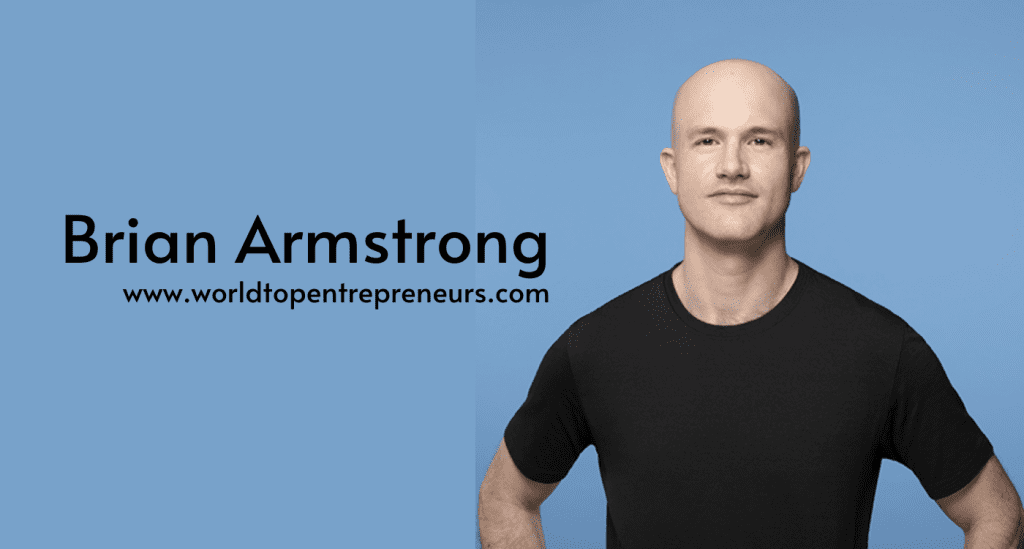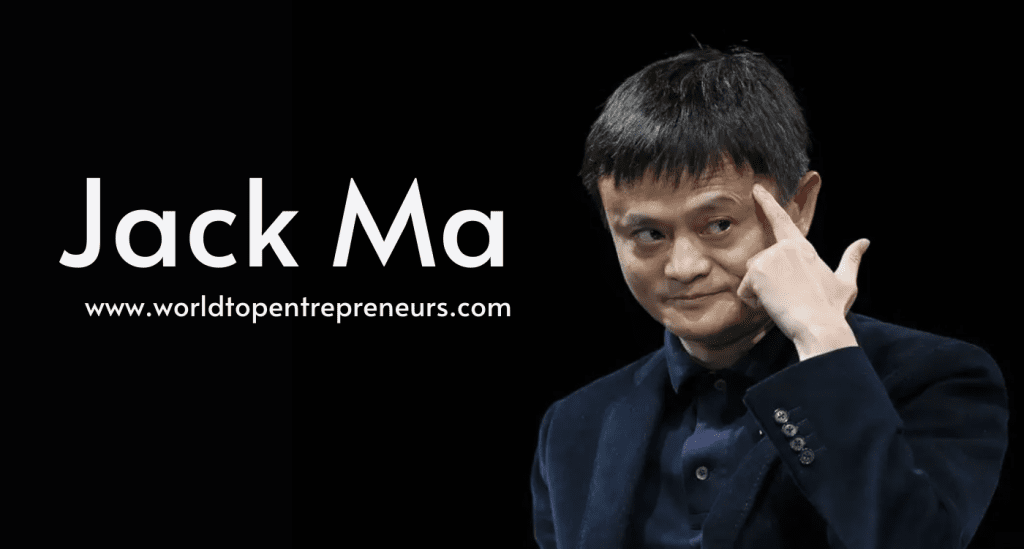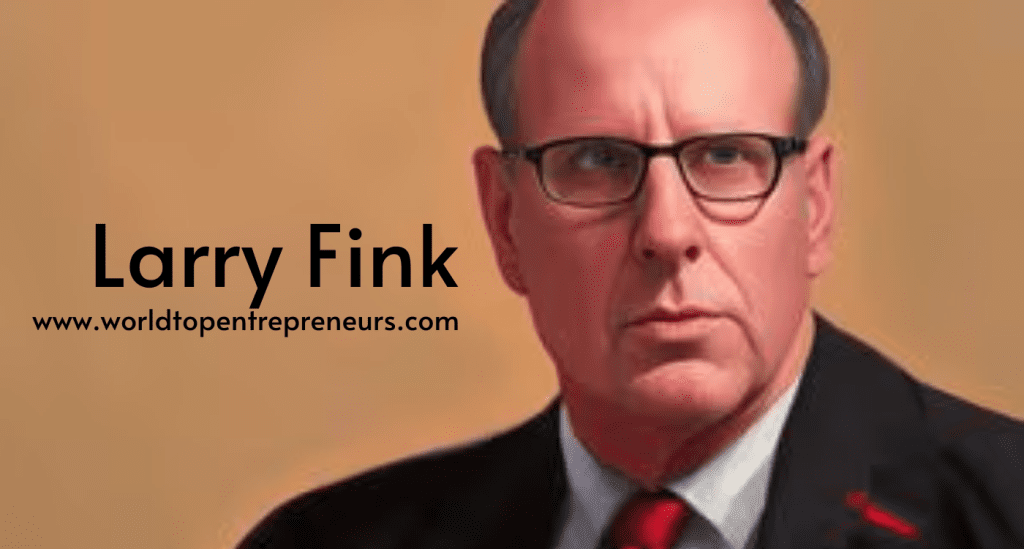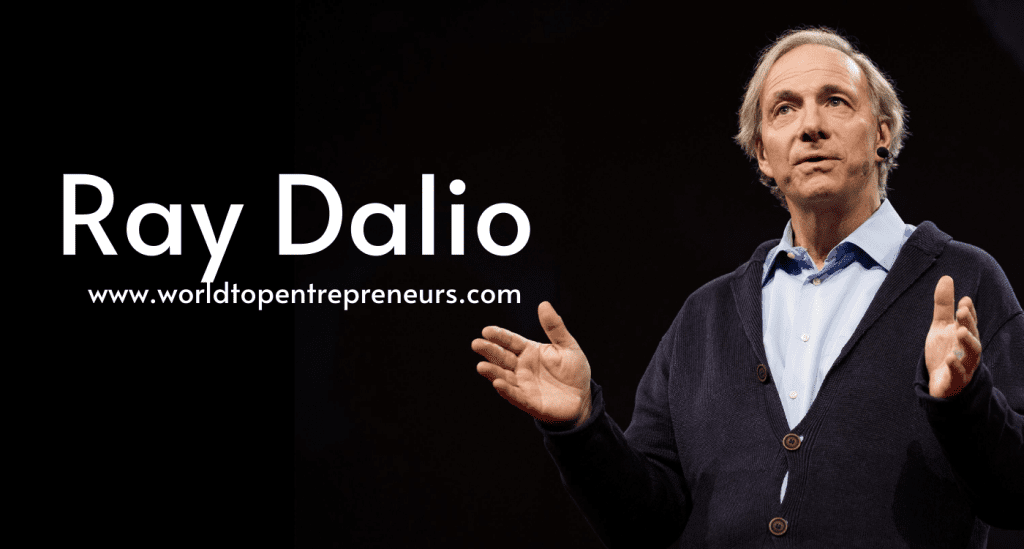In the realm of technology and entrepreneurship, certain figures stand out not just for their achievements but for the profound impact they have had on shaping entire industries. One such luminary is Paul Graham, co-founder of Y Combinator, a startup accelerator that has become synonymous with nurturing and launching some of the world’s most successful tech companies. Beyond his role as an entrepreneur and investor, Graham is revered for his insightful essays, visionary thinking, and unwavering commitment to fostering innovation.
Early Life and Academic Journey
Paul Graham’s journey to becoming one of the most influential figures in Silicon Valley began with a deeply rooted passion for computer science and technology. Born in Weymouth, England, Graham showed an early aptitude for mathematics and programming. His academic pursuits led him to study philosophy at Cornell University, where he earned his bachelor’s degree, followed by a master’s degree in computer science from Harvard University.
It was during his time at Harvard that Graham began to explore the intersection of programming languages, algorithms, and artificial intelligence. His academic research laid the groundwork for what would later become a distinguished career in the tech industry.
Founding Viaweb: Pioneering E-commerce
In 1995, Paul Graham co-founded Viaweb, one of the first web-based applications that allowed users to build their own online stores. Viaweb was revolutionary for its time, as it provided an intuitive platform for e-commerce at a time when the internet was still in its infancy. The company’s success caught the attention of Yahoo!, which acquired Viaweb in 1998, marking one of the earliest significant acquisitions in the dot-com era.
The experience of building and scaling Viaweb gave Graham invaluable insights into entrepreneurship and the dynamics of early-stage startups. These insights would later inform his approach to mentoring and investing in new ventures.
Y Combinator: Cultivating Startup Ecosystems
In 2005, Paul Graham, along with Jessica Livingston, Robert Morris, and Trevor Blackwell, co-founded Y Combinator (YC). Y Combinator was conceived as a novel approach to startup funding and mentorship, aiming to provide early-stage companies with the support and resources needed to succeed. Unlike traditional venture capital firms, Y Combinator operates as an accelerator, offering seed funding, advice, and networking opportunities in exchange for equity.
Under Graham’s leadership, Y Combinator has grown to become one of the most prestigious and sought-after startup accelerators in the world. The success stories of YC alumni, including Airbnb, Dropbox, Reddit, and Stripe, attest to the effectiveness of Graham’s philosophy and mentorship approach.
The Graham Philosophy: Essays on Innovation and Entrepreneurship
Beyond his role at Y Combinator, Paul Graham is renowned for his thought-provoking essays on topics ranging from entrepreneurship and innovation to programming languages and education. Graham’s essays, published on his personal website and widely shared across the tech community, offer profound insights and practical advice based on his experiences as both a founder and an investor.
One of Graham’s most famous essays, “How to Start a Startup,” co-written with venture capitalist Marc Andreessen, distills the essential principles and strategies for aspiring entrepreneurs looking to build successful companies. The essay emphasizes the importance of solving real problems, building a great team, and focusing relentlessly on the needs of customers.
Mentorship and Impact on the Tech Ecosystem
Central to Paul Graham’s legacy is his role as a mentor and advisor to countless entrepreneurs who have passed through Y Combinator. Graham’s approachable demeanor, coupled with his deep understanding of technology and business, has made him a revered figure among startup founders seeking guidance and mentorship.
Graham’s influence extends beyond his direct interactions with YC companies. His essays and public speaking engagements have inspired a generation of entrepreneurs to embrace risk-taking, innovation, and the relentless pursuit of excellence. Graham’s emphasis on the importance of ideas, execution, and resilience has shaped the ethos of the modern tech ecosystem, influencing how startups are founded, funded, and scaled.
Cultural and Societal Impact
Paul Graham’s impact on the tech industry goes beyond mere business success. Through his advocacy for meritocracy and his support for unconventional ideas and approaches, Graham has challenged traditional norms and inspired a culture of experimentation and creativity.
Graham’s essays on education, particularly his critique of formal schooling and advocacy for self-directed learning, have sparked debates about the future of education in a rapidly changing world. His belief in the power of individuals to shape their own destinies resonates deeply with aspiring entrepreneurs and innovators seeking to make a meaningful impact.
Personal Reflections and Future Endeavors
Outside of his professional endeavors, Paul Graham is known for his eclectic interests, including painting, literature, and philosophy. Graham’s diverse passions reflect his curiosity and intellectual depth, underscoring his belief in the importance of a well-rounded life beyond business pursuits.
Looking forward, Paul Graham remains actively involved in the tech community through his continued mentorship at Y Combinator and his ongoing exploration of new ideas and ventures. As the tech industry continues to evolve and innovate, Graham’s insights and contributions will undoubtedly continue to shape the future of entrepreneurship and technology.
Conclusion: A Visionary for the Future
Paul Graham’s journey from a young programmer with a passion for technology to a leading figure in the global startup ecosystem is a testament to the power of visionary thinking and relentless determination. Through his pioneering work with Viaweb and the founding of Y Combinator, Graham has not only transformed industries but has also empowered a new generation of entrepreneurs to pursue their dreams and create lasting change.
As we reflect on Graham’s legacy, it becomes clear that his impact extends far beyond the companies he has helped launch or the investments he has made. Paul Graham has fundamentally reshaped how we think about entrepreneurship, innovation, and the potential of technology to solve complex problems and improve lives.
In an era defined by rapid technological advancement and unprecedented opportunities, Paul Graham stands as a beacon of inspiration and a guiding force for those who dare to dream big and challenge the status quo. His story reminds us that with courage, creativity, and perseverance, anything is possible in the ever-evolving landscape of the tech industry.
Paul Graham’s journey is a reminder that true innovation often begins with a single idea and the courage to pursue it against all odds. As we look to the future, we can draw invaluable lessons from Graham’s experiences and continue to build upon his vision of a world where creativity, innovation, and entrepreneurship thrive.
In the words of Paul Graham himself, “Do things that don’t scale.” This mantra encapsulates not only his approach to building startups but also his philosophy on life: embrace challenges, take risks, and never stop learning. Paul Graham’s impact on the tech industry and beyond will continue to resonate for generations to come, inspiring countless individuals to embark on their own entrepreneurial journeys and push the boundaries of what is possible.





















